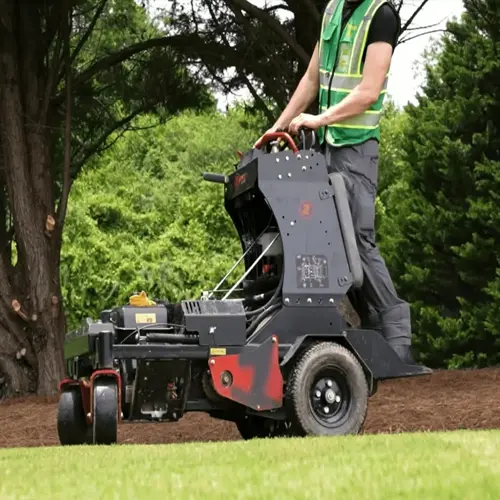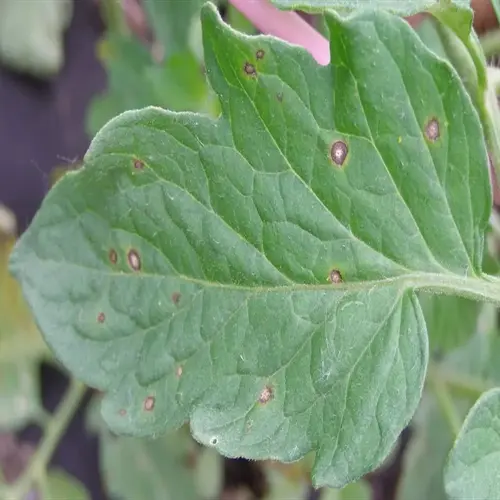What's the ideal winter storage for potted hydrangeas?

Written by
Liu Xiaohui
Reviewed by
Prof. Samuel Fitzgerald, Ph.D.Selecting the best winter storage for your potted hydrangeas avoids root freeze and protects blooms for the following season. Unlike garden plants, container plants require extra protection from temperature fluctuations. I store mine in unheated spaces, maintaining a temperature range of 35°F to 45°F. Your thoughtful planning allows the plants to enter dormancy without setback.
Location Requirements
- Temperature: Consistent 35-45°F (2-7°C) range
- Light: Complete darkness or minimal indirect light
- Ventilation: Air circulation preventing humidity buildup
Container Preparation
- Insulation: 3/8 inch bubble wrap around pots
- Elevation: Wooden blocks preventing ground contact
- Soil Cover: 4 inch mulch layer protecting roots
Moisture Management
- Checking: Monthly soil tests at 2 inch depth
- Watering: 2 cups per gallon pot size when dry
- Timing: Only when temperatures exceed 40°F
Before storing containers → be sure to prepare them correctly. Wrap pots in bubble wrap, securing it with twine. Elevate on wooden blocks to avoid ground chill transfer. I also added straw insulation between the container and bubble wrap for zone 4 winters. This significant measure, the extra straw insulation, is what ultimately saved my hydrangeas from a polar vortex experience.
Keep an eye on storage temperatures with a digital thermometer. Digital thermometers should be used near containers, not on walls, for accurate temperature readings. I personally check mine every week and adjust plant placements as necessary. Maintaining a consistently cold temperature prevents premature growth and damage from freezing.
Water dormant plants using little water only as needed. Stick your finger into the soil to check if it is dry before watering. Use room-temperature water and add it slowly so it doesn't shock the plant. I try to water at midday and allow the plant to drain before temperatures drop.
Avoid heated spaces despite convenience. Living rooms trigger early growth, which can weaken plants. I lost three hydrangeas before learning this lesson. Unheated storage preserves dormancy cycles essential for spring vitality.
Monthly inspections are required for issues that necessitate intervention. Signs of mold, rodent evidence, or soil shrinkage may need your attention. I keep an observation journal, tracking the condition of each plant. Your attentive observations will keep all the plants healthy and thriving for spring.
Read the full article: Essential Hydrangea Winter Care Guide

